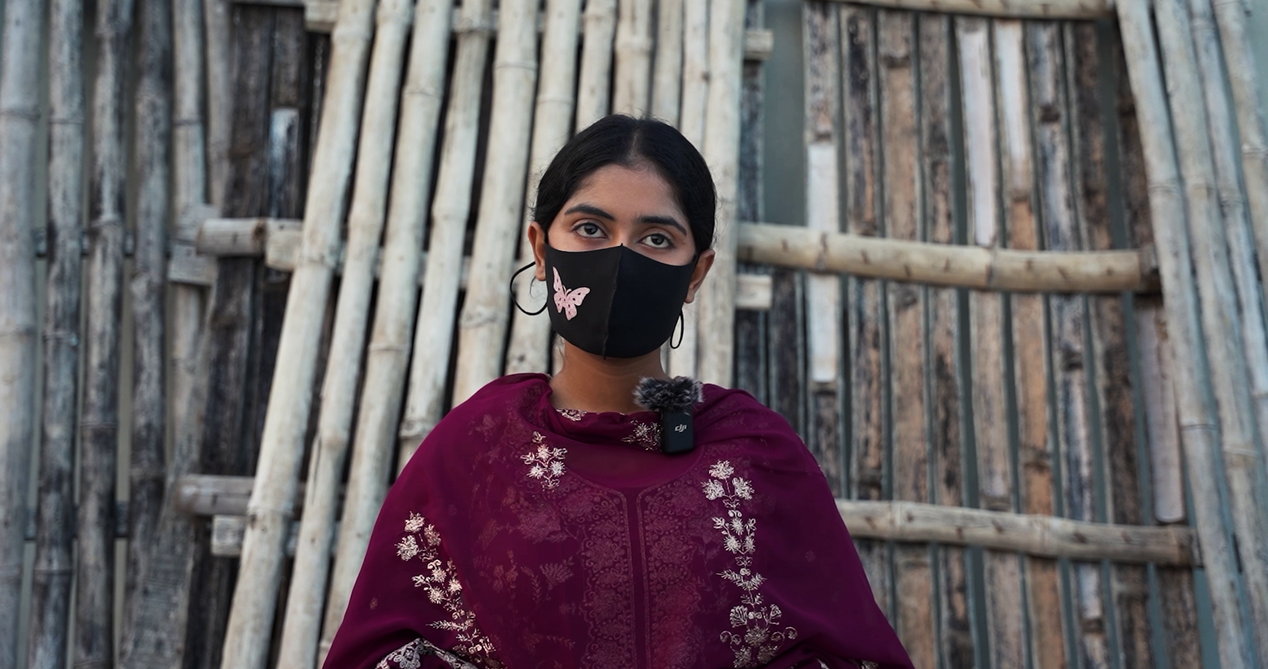How did you get the idea to produce an educational video on menstrual hygiene?
Proma: Both in Nepal and Bangladesh, talking about menstruation is a taboo. Especially girls from underprivileged communities face many difficulties during that time. By showing a video where they can see other girls talking about their menstruation and sharing their experiences, we want to spread the message that it's okay to face problems during menstruation and talk about them.
When you grew up, how did you learn about menstruation?
Proma: I didn’t have any access to internet when I had my first menstrual period. I first heard about it from a classmate - and all she told me was rubbish (laughs). When a topic is as taboo as menstruation, it naturally creates lots of myths. When my period started, my mom gave me some sanitary napkins, told me how to use them, and that's it; I had no other source information. In school, there were only some paragraphs in schoolbooks that did not provide very clear information. I faced the same problem these rural girls face nowadays, because in the early 2000s, Bangladesh was even less open about it, even in the urban area I grew up in. I don't want the next generations to face the same problems I faced. I want to build accessible sources for them that can answer their questions.
Other than the video project, how does your organization "Konna Wellbeing Ltd." support women and girls in Bangladesh?
Proma: Konna means Girls in Bengali. We don’t focus on menstruation only but on all health issues that women and girls face to increase their overall wellbeing. We spread the message that they should be careful about both their physical and mental health and try to ease access to medical services. We are also working on an app that works as a period tracker and connects women to medical professionals. Another activity we do that targets rural areas is health screenings, where we check the overall health condition of people who have no regular access to health facilities for free.











